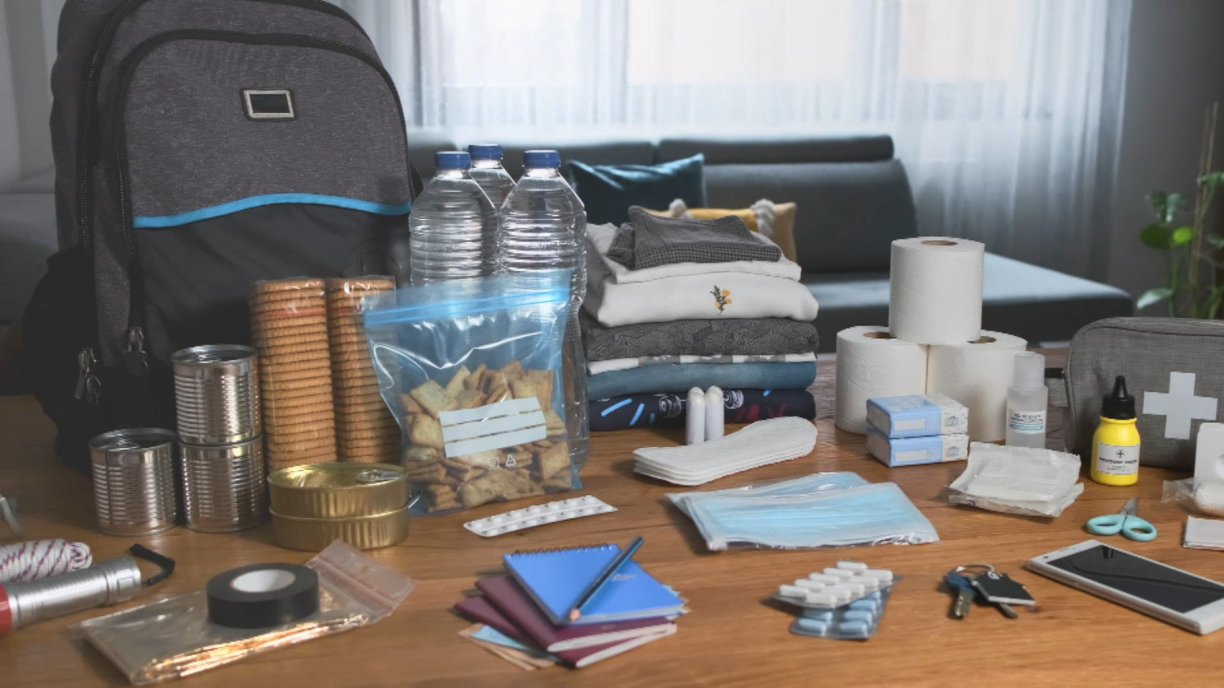
On Monday morning, Luxembourgish Prime Minister Luc Frieden and the High Commission for National Protection (HCPN) presented Luxembourg’s National Resilience Strategy (SNR) in front of lawmakers in the Chamber of Deputies’ Committee on Institutions. According to High Commission’s press release, the strategy aims to strengthen the country’s ability “to anticipate, absorb, and overcome major disruptions and to build a more robust and cohesive society”.
Whether facing evolving risks such as cyber, hybrid, or drone attacks, classic warfare, or natural disasters, the government on Monday morning presented its response with a PowerPoint presentation in the background. The slides featured keywords such as cyber resilience, critical infrastructure, civil defence, and protecting democracy.
The presentation outlined a framework for the new SNR, but concrete details on the 149 planned actions have yet to be revealed, which has already been criticised by opposition parties Luxembourg Socialist Workers’ Party (LSAP) and the Greens (déi Gréng). Prime Minister Luc Frieden said he would return to Parliament with the relevant ministers at a later stage, noting that for now, the framework had merely been set.
The new website outlines the different elements of the new strategy. However, no updates have yet been released on the EU-recommended “72-hour emergency kit”, a package of essential items households should keep on hand in case of a crisis.
Terms such as mandatory service, conscription, or any details regarding the strategy’s budget or timeline were not mentioned.